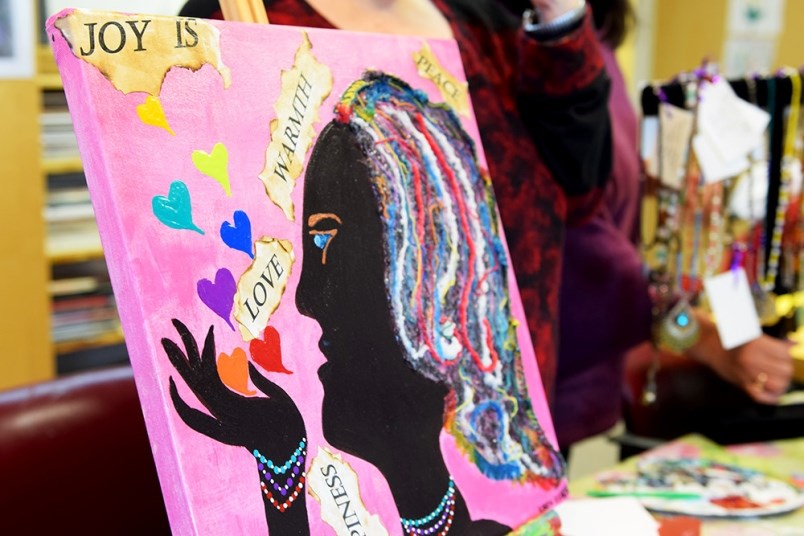Dear Editor,
Last summer, through the process of collective bargaining, the provincial government agreed to provide funding increases to help address critical wage issues in community and social service agencies.
At the time, we were very pleased that this agreement recognized the importance of low wage redress for the lowest paid workers in the public sector, the majority of whom are women, whose wages will keep falling behind without government intervention.
Just two weeks before the implementation of the collective agreement on April 1, social service agencies received notification that only unionized employees would qualify for the full wage increase; a significant departure from the practice of the last 12 years, in which non-union employees received increases equivalent to those of their unionized counterparts.
This decision will have widespread and damaging implications for service delivery in Richmond.
Employees in one organization will receive substantially different increases than employees in another organization, while doing the same work.
In organizations that have both union and non-union employees, people working in one part of the agency will receive substantially more than people working in another part of the same organization.
In a sector that is already plagued by recruitment challenges and staff turnover, this decision will result in further challenges and discord within and between social service agencies.
While wages will improve for many RSCL employees, some programs — including Early Intervention Services for infants and children with developmental delays — will be severely affected.
If our employees can find work in nearby communities for a significant pay increase, it will prove impossible to continue to deliver quality programs and services for the families we serve.
Research demonstrates that early intervention services for infants and children with developmental delays dramatically improves long-term outcomes.
The result of this funding decision will be increasing waitlists and delayed services for the 740+ families receiving Children’s Services in Richmond.
We are calling on the government to rectify this situation. Caring for others means caring for everyone, equally.
Janic Barr
RICHMOND SOCIETY FOR COMMUNITY LIVING



